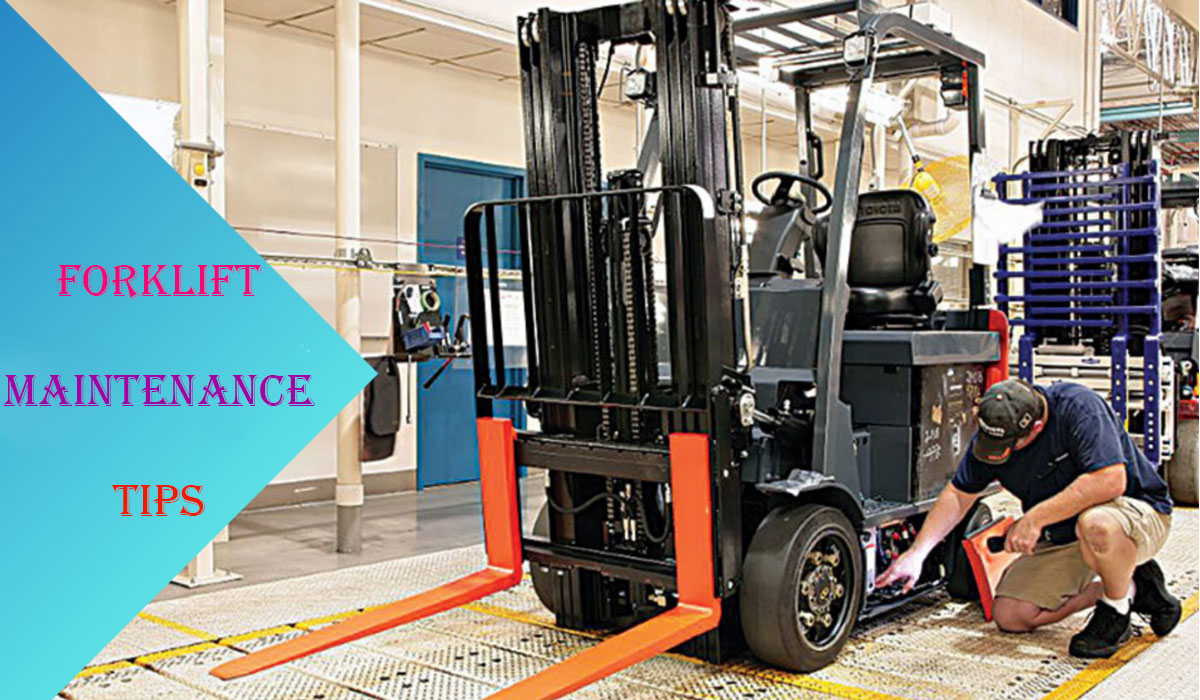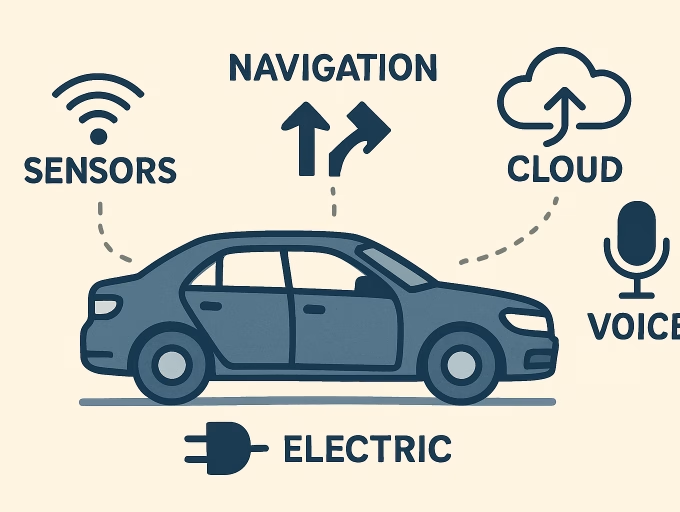When was the last time you gave your forklift the attention it deserves? If you’re relying on it daily to move loads, organize inventory, or keep your warehouse running smoothly, regular maintenance isn’t just a good idea – it’s essential. Proper upkeep not only extends your forklift’s lifespan but also keeps operations efficient and safe.
Let’s explore how you can keep your forklift in top shape and avoid unnecessary downtime.
The Importance of Forklift Maintenance
A forklift is a significant investment, so it’s worth protecting. Neglecting maintenance can lead to costly repairs, safety risks, and inefficiencies. Think about it: every minute your forklift is out of action, productivity suffers. Regular maintenance of Melbourne forklifts isn’t just about fixing problems; it’s about preventing them in the first place.
But where do you start? Below are practical tips to keep your forklift running like new.
Create a Maintenance Schedule
Every forklift, whether electric, diesel, or LPG-powered, comes with a manufacturer-recommended maintenance schedule. Following it isn’t optional – it’s critical.
What should your schedule include?
Daily checks
Inspect basics like tyres, fluid levels, and controls before starting work.
Weekly maintenance
Tighten bolts, clean filters, and check for leaks or wear.
Monthly servicing
Dive deeper into hydraulic systems, brakes, and battery health.
Annual servicing
A professional inspection is a must. Even if your forklift seems fine, it ensures no underlying issues are brewing.
Regular scheduling ensures nothing is overlooked and helps you stay compliant with workplace safety standards.
Inspect the Tyres Regularly
Tyres are often taken for granted, but they play a massive role in forklift performance. Worn or damaged tyres don’t just make your forklift less efficient – they can cause accidents.
Keep an eye out for:
- Cracks, splits, or punctures.
- Uneven wear patterns, which could signal alignment issues.
- Tyre pressure (for pneumatic tyres) – underinflated tyres can affect stability and traction.
Replacing tyres when needed isn’t just about safety; it also improves fuel efficiency and reduces strain on the forklift.
Monitor Fluid Levels
Fluids are the lifeblood of your forklift, keeping everything from hydraulics to engines running smoothly. Letting these run low can lead to costly repairs or complete failure.
Make it a habit to check:
- Hydraulic fluid – Essential for lifting and lowering loads.
- Engine oil – Keeps the engine lubricated and running efficiently.
- Coolant – Prevents overheating, especially during heavy use.
- Brake fluid – Ensures safe stopping power.
Topping off fluids regularly is a simple way to avoid bigger issues down the line.
Clean Your Forklift Regularly
Forklifts often operate in dusty, dirty environments. Over time, debris can clog filters, reduce visibility, and cause wear on moving parts.
What should you clean?
The mast and chains
Dust and grime can affect movement.
The engine compartment
Keep it free of debris for better performance.
The cabin
Clean windows and mirrors for improved visibility, and remove clutter to ensure safety.
A clean forklift doesn’t just look professional – it works better, too.
Pay Attention to the Battery
For electric forklifts, the battery is a major component. Proper care can extend its lifespan significantly and save you from expensive replacements.
Here’s how to maintain your battery:
- Charge correctly – Avoid partial charges and always let it cool before recharging.
- Top off water levels – Only use distilled water to prevent damage.
- Keep terminals clean – Corrosion can lead to poor performance or failure.
Taking these small steps can keep your forklift running efficiently for years to come.
Don’t Ignore Warning Signs
Does something feel off when you’re using your forklift? Maybe the brakes are slower to respond, or the mast isn’t lifting as smoothly as it used to. These could be early warning signs of a bigger issue.
Listen for unusual noises, feel for vibrations, and be aware of any changes in performance. It’s far cheaper to address a small issue early than to deal with a breakdown later.
Train Operators Properly
Even with the best maintenance, rough handling can shorten a forklift’s lifespan. Proper operator training isn’t just about safety – it also ensures the machine is used correctly.
A few key points to emphasize with operators:
- Avoid overloading – Stick to the forklift’s rated capacity.
- Drive carefully – No sharp turns, sudden stops, or rough terrain unless necessary.
- Perform pre-shift inspections – Every operator should check the forklift before use.
Well-trained operators are an often-overlooked part of forklift maintenance, but they make a huge difference.
Work with Professionals
While daily and weekly checks can be handled in-house, some tasks require professional expertise. Partnering with a trusted forklift service provider ensures your machine gets the care it needs.
Professionals can perform in-depth inspections, identify issues you might miss, and provide specialized repairs or replacements.
Trying to cut corners here can cost you more in the long run, so it’s worth the investment.
Keeping Your Forklift at Peak Performance
Forklift maintenance isn’t complicated, but it does require consistency. From inspecting tires to monitoring fluid levels and addressing warning signs, every small effort adds up. Your forklift works hard every day – give it the care it needs to keep performing at its best.
Whether it’s a simple daily check or an annual service with a professional, staying on top of maintenance keeps your forklift safe, efficient, and ready to handle whatever you throw at it.

















